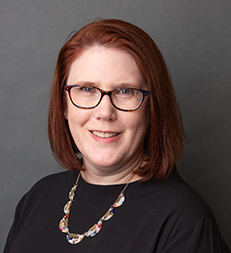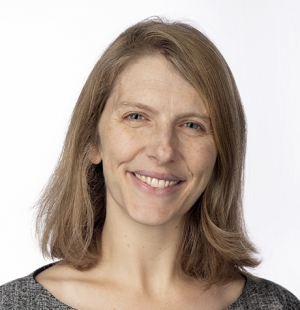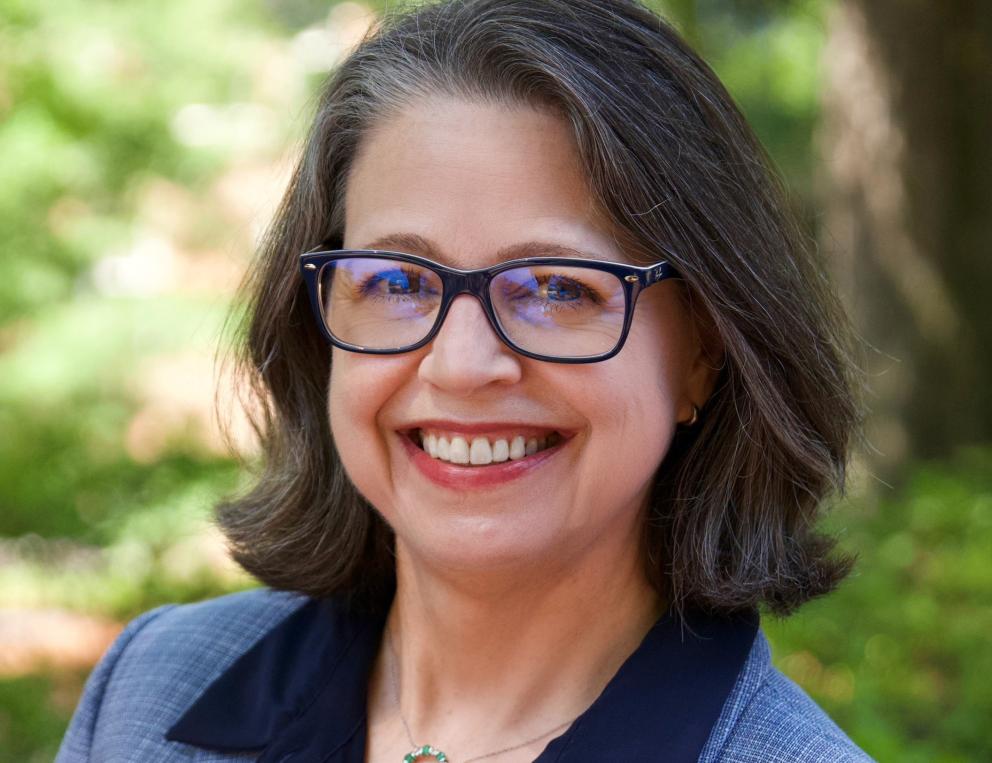Faculty Success Coaching Program
The Faculty Success Coaching Program is a professional development opportunity offered by the Office of the Vice Provost for Faculty and the Office of Faculty Professional Development. The program is open to all academic and research faculty at Georgia Tech, including GTRI.
People who get the most out of coaching are looking for a thinking partner to help them work through a specific challenge or obstacle, consider future options and career trajectories, or develop greater self-awareness. Our Faculty Success coaches can work with you on a variety of professional topics, including
- Thinking about your career goals, trajectory, and growth opportunities
- Aligning your work with your values and purpose
- Addressing barriers to achieving your goals
- Managing time and projects better
- Setting priorities and boundaries
- Getting “unstuck” at mid-career
- Dealing with a leadership or people management concern
- Navigating the complexities of a situation or space to accomplish your goals
- Taking care of your well-being and work-life balance.
What can you expect?
Faculty participants in the program can expect a professional, targeted, one-on-one opportunity to articulate and work toward specific goals with a trained coach who is also an accomplished faculty member. We understand what faculty life is like and can work with you on the special challenges and opportunities faculty face. Your coach is not a mentor or expert in your field but instead an expert on a process of helping you think through your ideas and options and make decisions about your next steps in your own time.
You can expect to commit to completing four or six sessions with your coach in order to work on the goals you identify. Plan to go no more than three weeks between sessions (we recommend every two weeks) – you and your coach will schedule all of your sessions when you commit to coaching. You and your coach may decide on “homework” activities between sessions, strategies or approaches to try and report back on in your next session.
During your first 60-minute session with your coach, you will work on three things: articulating your values, crafting a purpose statement for your work, and determining the topics and hoped-for outcomes for the coaching engagement. The remaining sessions will be used to address the topics identified in the first session to help you meet your goals for coaching. Your coach will keep rough notes of your sessions and, if you choose, can record sessions for your personal use, so that you can listen back to them at a later date.
During the last session, you and your coach will wrap up the engagement, determine any remaining actions for you to take, and reflect on your personal and professional learning. You and your coach might schedule a follow-up session in 2-3 months to check in.
Who are the coaches?
The coaches (below) are members of the Office of the Vice Provost for Faculty. All are trained as coaches or mediators.

Submit your Interest Form
How does the onboarding process work?
Once you submit an interest form, you will be contacted to set up a brief exploratory session with your selected coach (depending on their availability) to review the goals and practice of coaching, preliminarily articulate your goals and challenges for the coaching engagement, and determine if you and the coach are a good fit. If you are, the coach will initiate scheduling your sessions. We recommend four or six sessions with your coach, with no more than three weeks between two sessions.
Faculty Success Coaches

Rebecca Pope-Ruark, PhD, ACC
Rebecca Pope-Ruark is the director of the Office of Faculty Professional Development. Prior to taking the help of OFPD in 2022, Rebecca served in the Georgia Tech Center for Teaching and Learning as a Faculty Teaching and Learning Specialist, working with faculty to support their classroom goals. Before joining CTL in 2019, Rebecca was a tenured faculty member at Elon University in North Carolina where she led the major in Professional Writing and Rhetoric and multiple design thinking pedagogical initiatives on campus. A trained ethnographer, Rebecca’s original research areas included on rhetorical genre theory, student collaboration and project management, Scrum project management, and the scholarship of teaching and learning. After an experience with burnout, she turned her research to focus on faculty burnout and has published extensively on the topic, including in her 2022 book Unraveling Faculty Burnout: Pathways to Reckoning and Renewal (Johns Hopkins University Press). She frequently speaks and leads workshops around the country on faculty burnout, faculty vitality, and compassionate leadership.
Rebecca has completed over 150 hours of coaching training and is an ACC-certified coach with the International Coaching Federation. Rebecca coaches around all professional development topics for faculty with a special focus on values and purpose, time and project management, burnout, and workplace well-being.

Kyla Ross, PhD
Kyla Ross serves as the Assistant Vice Provost for Advocacy and Conflict Resolution at Georgia Tech, where she oversees policy enforcement and addresses grievances from the campus community. She promotes positive lab, work, and class environments through proactive training and conflict resolution.
Kyla earned her Ph.D. in Biomedical Engineering (BME) from Georgia Tech and Emory University, and a B.S. in Biological and Agricultural Engineering from Louisiana State University. She completed a postdoctoral fellowship in the NIH-funded Fellowships in Research and Science Teaching (FIRST) Program at Emory and joined the faculty at Georgia State University (GSU) in 2008 as the director of the anatomy and physiology program in the Department of Biology. She returned to Georgia Tech in 2016 as the Director of Graduate Training in BME, where she developed and implemented ethics, teaching, and professional development training programs for faculty and graduate students. Kyla has been instrumental in transforming undergraduate and graduate physiology courses at GSU and Georgia Tech and served as President of the Human Anatomy and Physiology Society (HAPS), a professional society dedicated to advancing anatomy and physiology education.
Kyla's extensive experience in conflict resolution, mediation, and negotiation, along with her expertise in fostering positive classroom and lab cultures and conducting educational research, makes her a valuable executive coach. Kyla specializes in coaching on professional development topics relevant to all faculty ranks, with particular emphasis on helping individuals and organizations enhance their leadership and conflict management skills. Additional areas of focus include interpersonal dynamics, personal and professional well-being, motivation and interests, and creating supportive and positive educational environments.

Dawn Baunach, PhD
Dawn Baunach currently serves as the Associate Vice Provost for Faculty at Georgia Tech, focusing on developing policies and procedures to advance faculty at Tech. Previously, she was the Associate Dean for Faculty/Student Development at Kennesaw State University and Chair of the Department of Sociology and Criminal Justice. Her tenure at Kennesaw followed a successful 20-year career at Georgia State University, culminating in leadership roles such as Chair of the Department of Sociology and Director of the Sociology Doctoral Program. Currently a Principle Academic Professional, Dawn started as an Assistant Professor of Sociology at Georgia State, earned tenure and was promoted to Associate Professor. She joined KSU as a full Professor of Sociology. She has experienced faculty academic life through the tenure-track, tenured, and non-tenure-track lenses. Dawn is committed to providing strategic support to help faculty members achieve their professional goals.
In addition to her administrative roles, Dawn is deeply invested in faculty coaching, particularly in areas involving new mid-level and mid-career Institute leaders, such as School Chairs and Associate Deans. Dawn is a Certified Professional Coach from the College of Executive Coaching.
